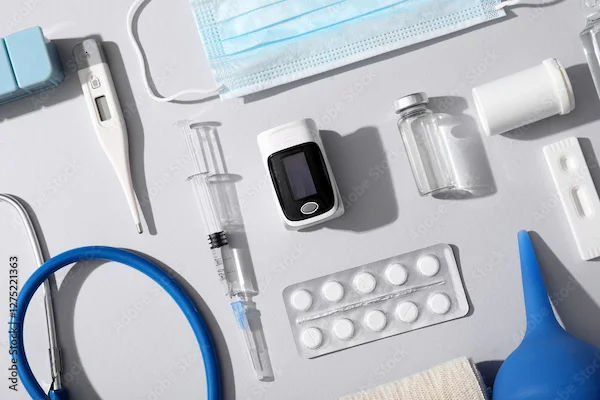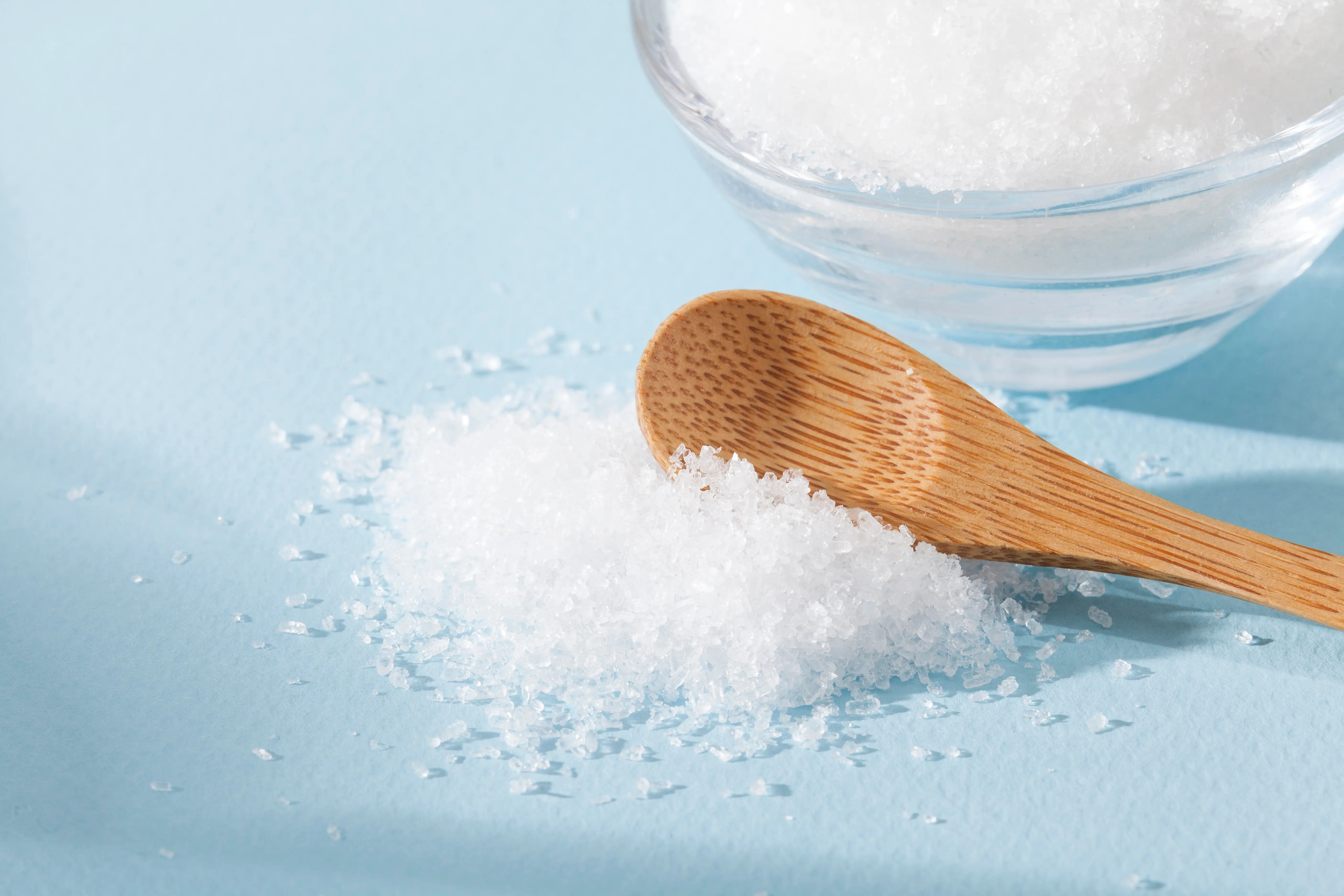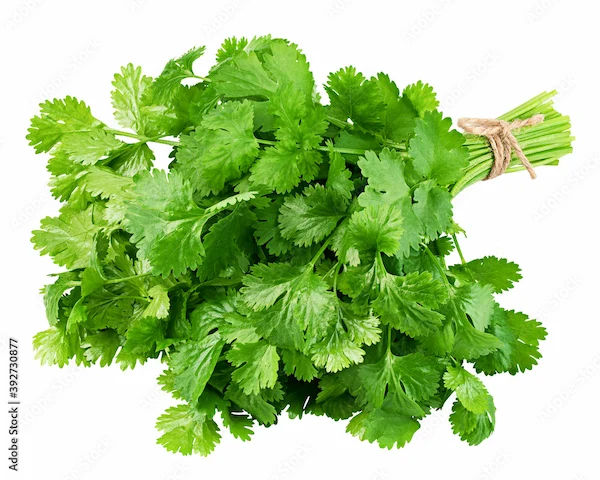Vitamin K: Sources and Uses
Explore the benefits and food sources of Vitamin K, including its role in blood clotting, bone health, and heart protection. Learn who may need supplements and how to improve absorption naturally.


Introduction
Vitamins are essential nutrients that keep our bodies functioning properly, and Vitamin K is one of them. While it may not be as famous as Vitamin C or D, it plays a crucial role in keeping us healthy. If you’ve ever wondered what Vitamin K does, where to find it, or why it matters, this article is for you!
Let’s explore everything you need to know about Vitamin K—its benefits, sources, and how to ensure you’re getting enough of it.
What is Vitamin K?
Vitamin K is a fat-soluble vitamin, which means it dissolves in fat and is stored in the body. It is best known for its role in blood clotting (helping wounds heal properly) and bone health.
There are two main types of Vitamin K:
1. Vitamin K1 (Phylloquinone) – Found in leafy green vegetables.
2. Vitamin K2 (Menaquinone) – Found in fermented foods and animal products, and also produced by gut bacteria.
Both types are important, but they have slightly different roles in the body.
Why is Vitamin K Important?
1. Helps in Blood Clotting
Vitamin K is essential for producing proteins that help stop bleeding when you get a cut or injury. Without enough Vitamin K, even a small wound could bleed excessively.
2. Supports Bone Health
Vitamin K helps regulate calcium in the body, ensuring it goes to your bones and teeth instead of building up in arteries. This reduces the risk of osteoporosis (weak bones) as you age.
3. May Improve Heart Health
Some studies suggest that Vitamin K2 helps prevent calcium deposits in arteries, which can lower the risk of heart disease.
4. Supports Brain Function
Emerging research shows that Vitamin K may play a role in brain health, possibly reducing the risk of conditions like Alzheimer’s disease.
Signs of Vitamin K Deficiency
While deficiency is rare in healthy adults, some people may be at risk, including:
Newborns (they are often given a Vitamin K shot at birth)
People with digestive disorders (like Crohn’s or celiac disease)
Those on long-term antibiotics (which kill gut bacteria that produce Vitamin K)
Symptoms of deficiency may include:
Easy bruising
Excessive bleeding from cuts or gums
Heavy menstrual periods
Blood in urine or stool
Weak bones
If you experience these symptoms, consult a doctor. A simple blood test can check your Vitamin K levels.
Health Topic Carousel:
Doctor Speciality: General Practitioner
Text: Consult Top Specialist
Best Food Sources of Vitamin K
The best way to get enough Vitamin K is through a balanced diet. Here are some top sources:
Vitamin K1 (Plant-Based Sources)
Leafy Greens – Spinach, kale, collard greens, Swiss chard
Cruciferous Vegetables – Broccoli, Brussels sprouts, cabbage
Herbs – Parsley, basil, cilantro
Other Vegetables – Green beans, asparagus, lettuce
Vitamin K2 (Animal & Fermented Sources)
Fermented Foods – Natto (fermented soybeans), sauerkraut
Dairy & Eggs – Cheese, egg yolks, butter
Meat & Fish – Chicken, beef liver, salmon
Tip: Pair Vitamin K-rich foods with healthy fats (like olive oil or avocado) for better absorption!
Who Might Need Vitamin K Supplements?
Most people get enough Vitamin K from food, but some may need supplements, such as:
Newborns (to prevent bleeding disorders)
People with malabsorption issues (like liver disease or cystic fibrosis)
Those on blood thinners (like warfarin) – Must consult a doctor before taking Vitamin K, as it can interfere with medication.
Always check with your doctor before starting any supplements!
Lifestyle Tips for Better Vitamin K Absorption
1. Eat a Balanced Diet – Include plenty of leafy greens and fermented foods.
2. Maintain Gut Health – Probiotics (yoghurt, kefir) help gut bacteria produce Vitamin K2.
3. Avoid Excessive Alcohol – It can interfere with Vitamin K absorption.
4. Get Regular Blood Tests – If you’re at risk of deficiency, periodic checks can help.
When to See a Doctor?
If you notice unusual bruising, heavy bleeding, or weak bones, it’s best to get tested. You can book a consultation or blood test through Apollo 24|7 to check your Vitamin K levels and overall health.
Health Topic Carousel:
Lab test: Vitamin K Test
Text: Get Access to your test.
Final Thoughts
Vitamin K may not get as much attention as other vitamins, but it’s vital for blood clotting, bone strength, and heart health. By eating a diet rich in leafy greens, fermented foods, and healthy fats, you can easily meet your daily needs.
Health Topic Carousel:
Doctor Speciality: General Practitioner
Text: Consult Top Specialist




